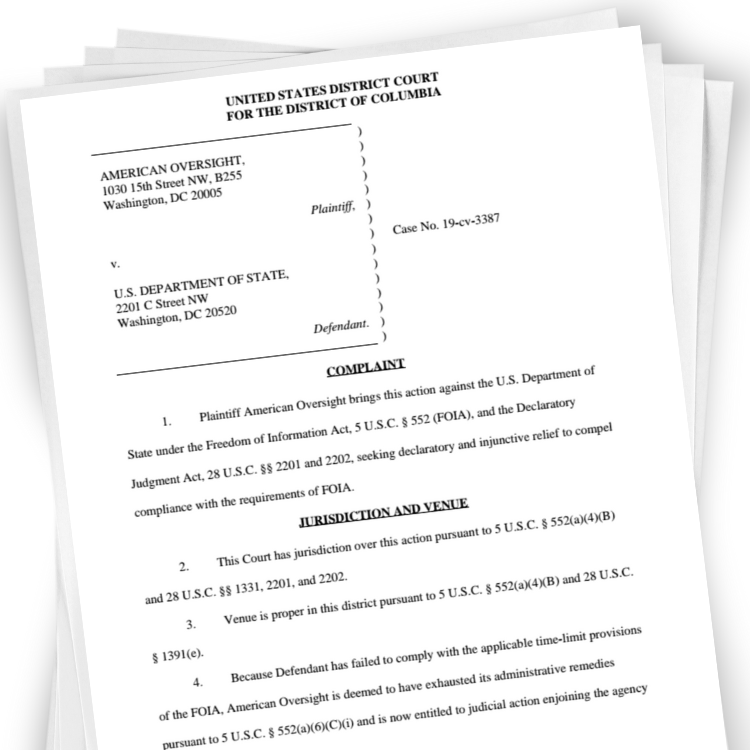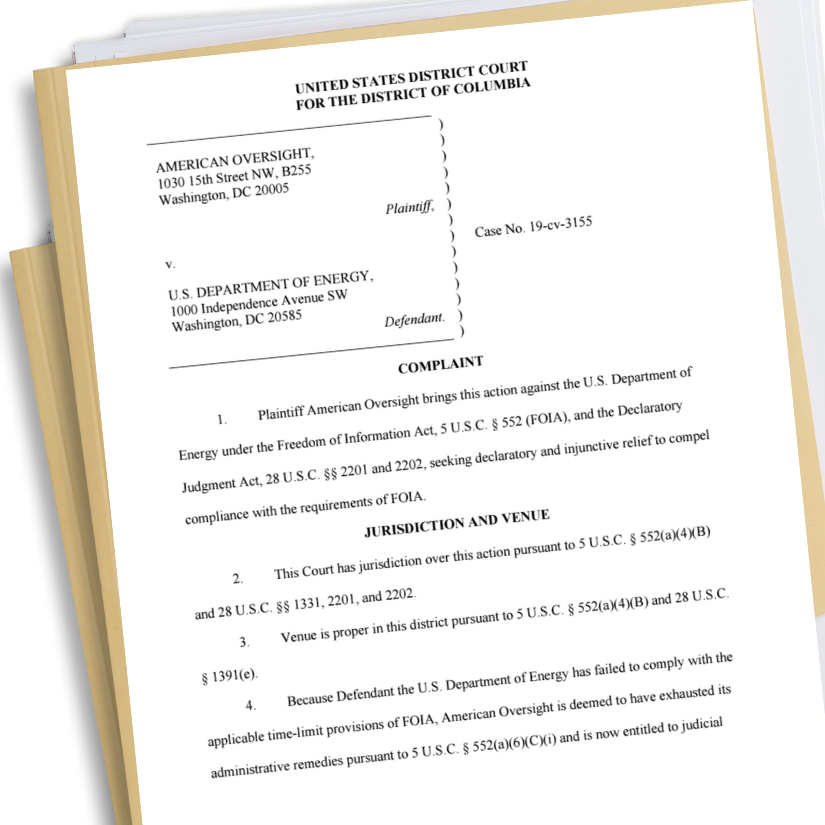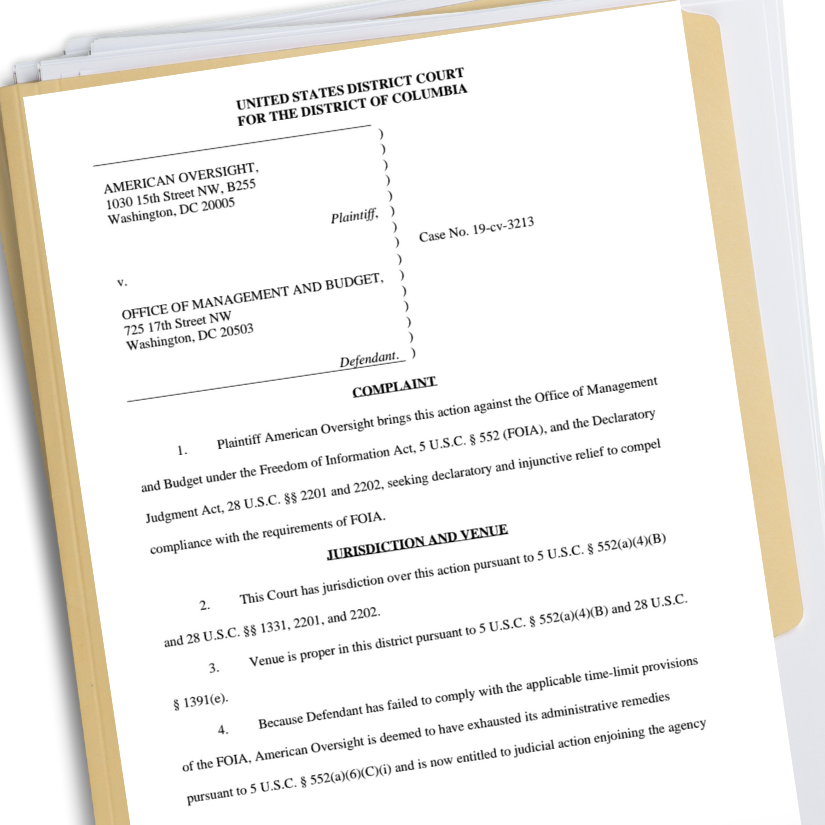
Sondland’s Testimony Highlights State Department Obstruction
"Everyone was in the loop" — and now the public is, too.

“Everyone was in the loop.” That was just one of the incendiary statements given in Ambassador to the EU Gordon Sondland’s testimony during Wednesday’s hearing. “In the loop” to push Ukraine to announce an investigation into a company linked to Hunter Biden were, in no particular order, Vice President Mike Pence, Secretary of State Mike Pompeo, Energy Secretary Rick Perry, acting Chief of Staff Mick Mulvaney, the president’s attorney Rudy Giuliani, and of course, President Donald Trump.
“We followed the president’s orders,” Sondland testified, outlining how Trump’s desire for an investigation into one of his political rivals led to an effort on the part of multiple officials to condition both military aid and a White House meeting between Trump and Ukrainian President Volodymyr Zelensky on Zelensky making such an announcement. Importantly, as Sondland said, it was the announcement of an investigation — and the political hay Trump could presumably make out of it — that the president was concerned with, not an actual fair investigation being conducted.
Sondland’s opening statement, besides providing another confirmation of a Trump-directed “quid pro quo,” also underscored the administration’s — and specifically, the State Department’s — obstruction of the impeachment investigation. “My lawyers and I have made multiple requests to the State Department and the White House for these materials,” said Sondland, saying that he was “not a note-taker” and that he and his staff were prevented by the State Department from gathering certain documents. “Yet, these materials were not provided to me. They have also refused to share these materials with this Committee.”
Intelligence Committee Chair Adam Schiff also pointed out the State Department’s obstruction of congressional oversight. “We have not received a single document from the State Department,” Schiff said. “Those documents bear directly on this investigation and this impeachment inquiry.”
Those documents — including communications among administration officials about Giuliani’s Ukraine efforts, and contacts with Giuliani himself — have been withheld so far, but our lawsuits for records represent another strike against the administration’s stonewalling. In fact, this Friday, Nov. 22, is the State Department’s deadline for releasing several categories of documents included in our Freedom of Information Act litigation for records related to Ukraine, Giuliani, and the recall of Ambassador Marie Yovanovitch.
Sondland did provide the committee with specific examples of communications involving Pompeo, Perry, Mulvaney and others, including with Giuliani. His opening statement refers to an instance in which Trump directed him and others who had attended Zelensky’s May inauguration to “talk with Rudy.” Sondland said: “We did not want to involve Mr. Giuliani. I believed then, as I do now, that the men and women of the State Department, not the President’s personal lawyer, should take responsibility for Ukraine matters.” Sondland added that over the course of the next several months, he along with Perry and U.S. special envoy Kurt Volker were in contact with Giuliani. (Our lawsuit against the Department of Energy seeks Perry’s communications with Giuliani and other related records; we have additional lawsuits for Volker’s and Sondland’s communications.)
Sondland also referenced an email he sent on August 11 — just a couple of weeks after the infamous July 25 call between Trump and Zelensky — to Pompeo’s executive secretary, Lisa Kenna, and to T. Ulrich Brechbuhl, a close adviser to Pompeo. The email was addressed to the secretary: “Mike – Kurt and I negotiated a statement from Ze[lensky] to be delivered for our review in a day or two. The contents will hopefully make the boss happy enough to authorize an invitation.” Kenna responded with, “Gordon, I’ll pass to S” — “S” meaning Secretary Pompeo.
Sondland emphasized that the State Department leadership was “fully supportive” of the efforts in Ukraine, including attempts to secure a “commitment to investigations,” and offered further examples of email communications with Pompeo. You can read more in the text of Sondland’s opening statement — and, of course, stay tuned for more on Friday.


